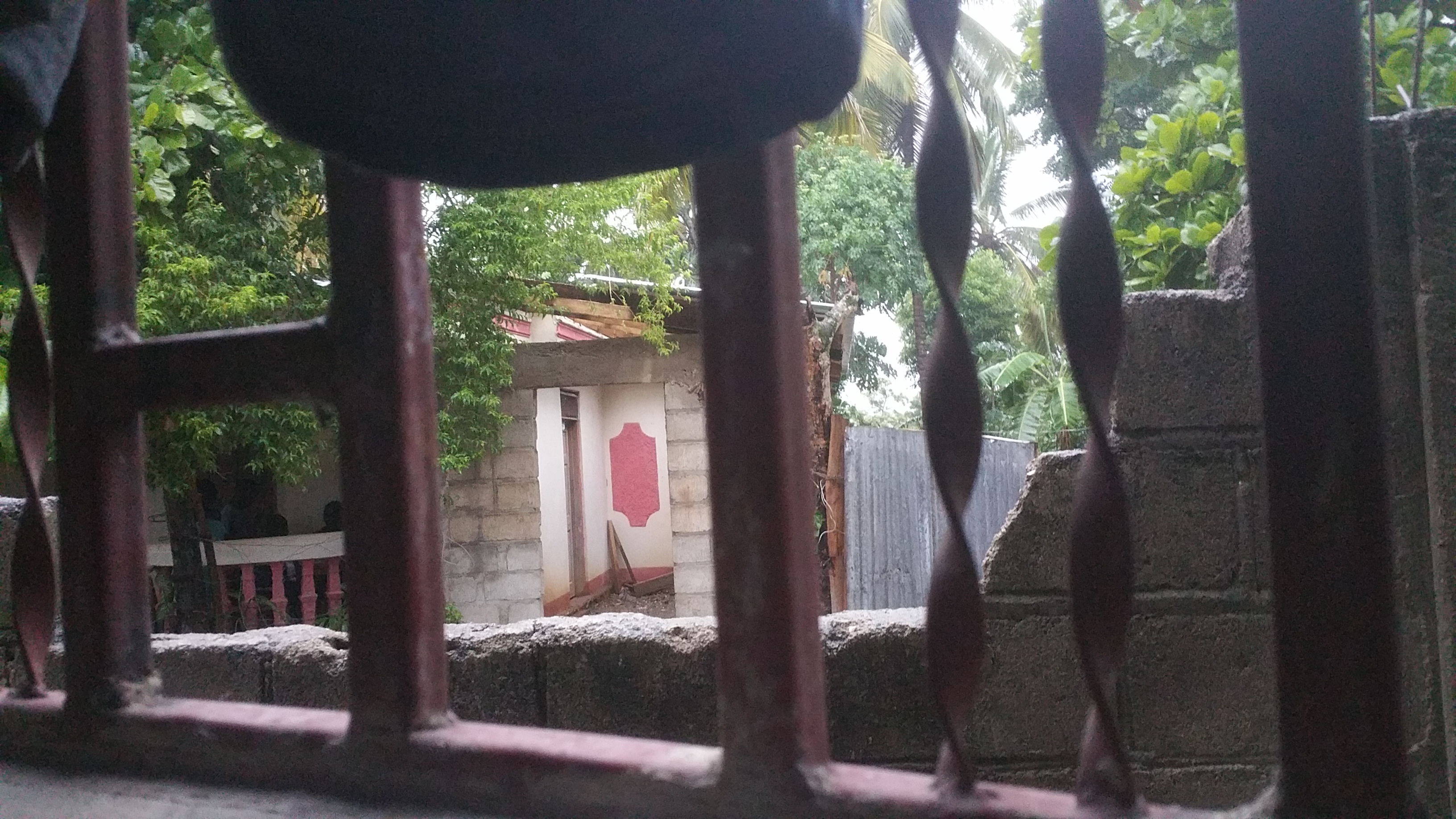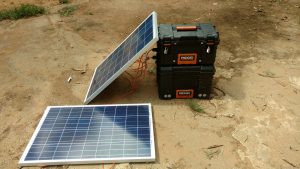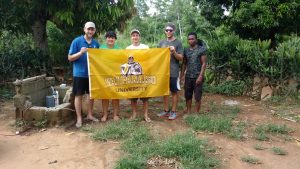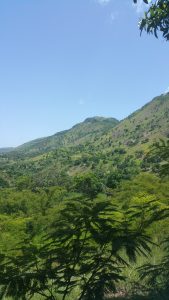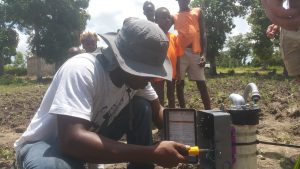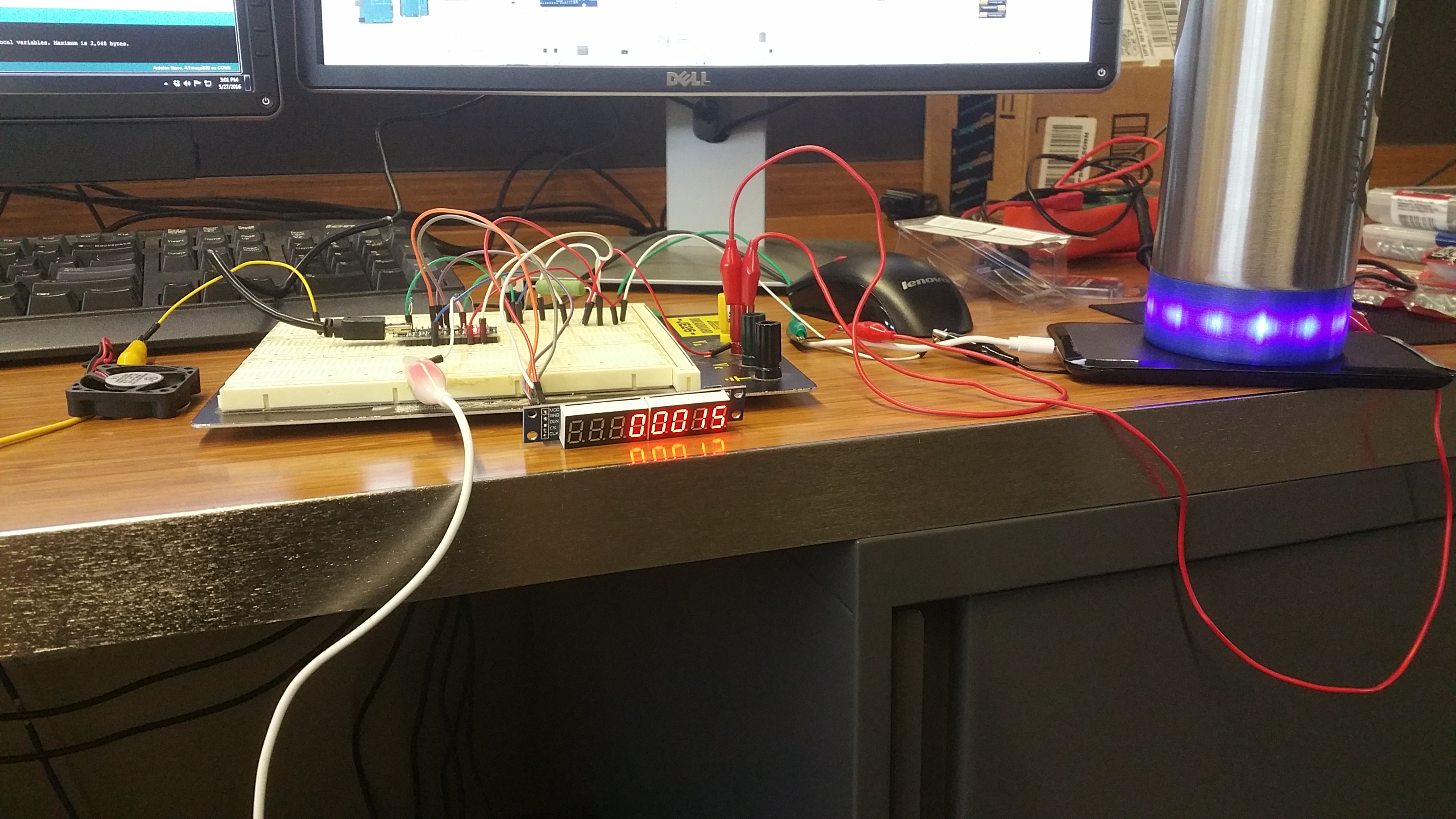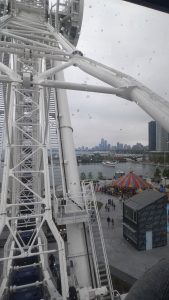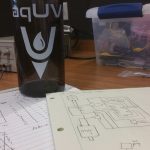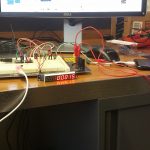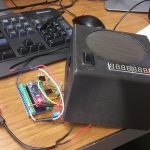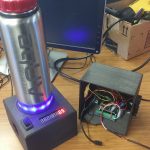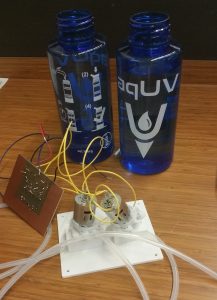I hate to be stared at. But in Haiti, white people stand out like cupcakes in a salad bar, so my internship advisor Dr. Blood, my co-worker Jacob, and I all drew stares everywhere we went. It almost seemed we were the only white people in all of La Victore (and actually, it may not be very unlikely).
To close up our summer internship, aqUV took a trip to do some work in Haiti. If you didn’t already know about it, go check out @jyager’s post (You may be impressed by his mosquito bite count—it is true, he had a lot more mosquito bites than I did, but for the record, mine swelled to a far more impressive size and looked far worse).
To be honest, I learned more because of this summer internship and through the ending trip to Haiti than I can say in one sitting. I even find myself learning new things in these weeks after as I think back and reflect on our work. I hope this doesn’t go too long.
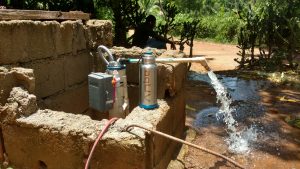
Believe it or not, installing the pump in this well was less strenuous than driving down a Haitian road. (And I don’t mean that the pump was easy).
As a girl studying in the STEM field, I have felt pressured to prove myself to be equally as capable as my classmates. I felt the same pressure growing up as I competed in various sports. But I had never felt so pressured to prove that women are capable problem solvers, tool users, or sports players as when I went to do work in Haiti. It was not that women were directly put down or discouraged, it was just that the Haitian culture includes a ‘women’s role’ and many Haitian women find no reason to leave their house.
The first day in La Victore, I woke up around 6 am. Being unable to speak Creole, I silently watched as the women and girls started their day cleaning the dishes. Mara, a young girl whom I had met the night before, (we bonded over a writing game and a paper airplane), filled a tub with water. Her sister filled another one with soapy water, and they went at it. The smallest girl chased stray dogs out of their yard yelling “put si!”, which I deduced either meant “dog” or “go away”. I avoided the fairly dangerous looking chickens that were creeping around, all the while trying to convey my goodwill and gratitude to the women for their hospitality through smiles. Eventually, one of the women started a conversation with me. Once we got a translator, I was told that she was inviting me to cook with her. I was honored. But I realized that she offered this because she, and the male translator, both expected that I would be staying behind in the house all day with the other women while the men went out to install the well pumps.
A few hours later when Dr. Blood and Jacob were up, we assembled the power pack in the front yard. The power pack essentially takes in energy from solar panels or a generator and stores it for use wherever it is needed, as energy is scarce and unreliable in Haiti. I was thoroughly grateful that Dr. Blood allowed me to handle some of the more impressive looking tools, even though I did this imperfectly, because the children and the two Haitians from before were watching. I was happy to show them that I didn’t come on this trip to watch the men do the work, but to engage myself and to learn.
Similarly, in both the locations we went to install pumps, I felt the locals staring confusedly at me and I could see them wondering something along the lines of “what is that female doing with a screwdriver?” or “why did these men bring a female along?”. As much pressure as I felt from these stares, I was relieved from it by my fellow travellers, Dr. Blood and Jacob, who constantly supported and affirmed me in my place. They trusted me to carry out work and gave me jobs, and almost made it a point to act like it was normal that I was there. Dr. Blood purposefully introduced both Jacob and I to the project manager, Evens, as his engineering students. Evens was astonished and fascinated that I studied engineering. Afterwards, he kept nodding his head in wonder, repeating “Kortney the engineer” (or in the creole accent “Koatnay da inginear”). I didn’t feel much like explaining to him that I was really only an engineering minor and only study engineering half of the time. I didn’t want to shatter this perhaps newly formed idea that women could become engineers.
By the end of the week, I was over the stares. The little girls were following me out of the house to watch me play soccer with the boys. In a skirt. I didn’t mind their stares. Nor the stares of the townsboys. Nor the stares of men passing by. I was a girl, and I was white. I was going to own it.
I hope that I may have expanded some of the Haitians ideas about what a girl is capable of. Especially for those young girls I met in the house. These girls braided my hair, taught me songs in creole, showed me how to cut a mango. I taught them to play speed, to make paper airplanes, and hopefully, that they can kick a ball as hard as some of the boys out there.
I recognize that this post is already too long. But I’m going to keep writing anyways, because there are a few people I want to acknowledge before I log off. Sorry about that. If you get bored, I added some more pictures.
From Dr. Blood I learned about holding your ground, about mentorship, integrity, and about investing in people. Thank you for telling me about your experiences serving and expanding my ideas about service in the world—Through this internship, you made all of this growth and confidence possible in me.
From Jacob, I learned about leadership, and I learned how to take things in stride. I learned how to be truly uncomplaining in any situation, and how humor and laughter can be powerful. Thank you for discussing scary things like careers and the future with me.
From Mara, I learned how to be bold, and how trusting and loving someone can immediately make you a friend. And how hopeless I am at braiding hair!
From Jocelyn, I learned about hard work, overcoming adversity, and dealing with people.
And from Nate, I learned the importance of curiosity, and how to dauntlessly serve others.
I am impressed you made it this far, give yourself a pat on the back. I hope you can see that this summer was truly worth every moment, and I am so blessed to have met all these people. I am so grateful to the CAPS Fellowship program for choosing me, and I am exceedingly excited for the future, and what work it could hold for me.
Sincerely,
Kortney Cena
